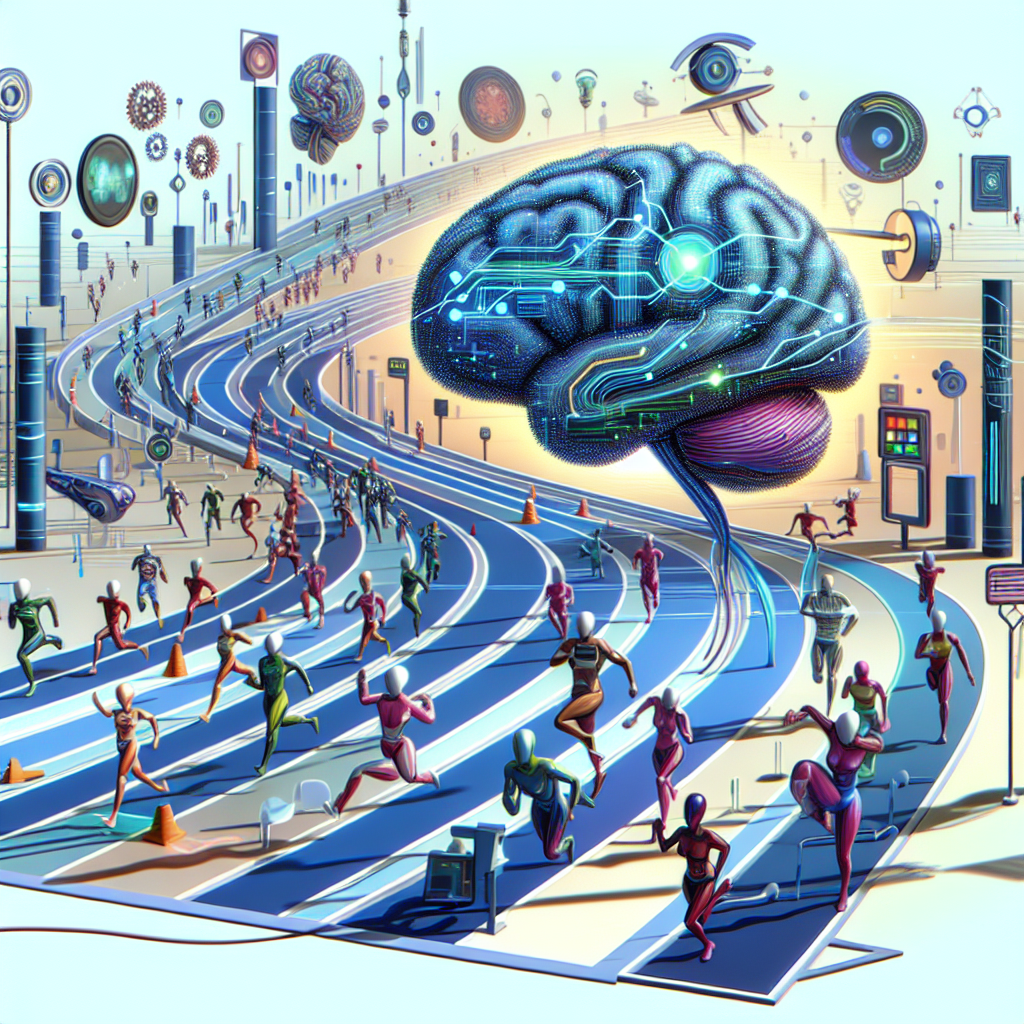The Race for AGI: Who Will Lead the Charge?
Artificial General Intelligence (AGI) has long been a goal of the field of artificial intelligence. AGI refers to a machine that has the ability to understand, learn, and apply knowledge in a way that is indistinguishable from human intelligence. While we have made significant advancements in narrow AI, which can perform specific tasks extremely well, the development of AGI remains a challenge.
Many tech companies and research institutions around the world are actively working towards the goal of AGI, each with their own approach and strategies. In this article, we will explore the current state of the race for AGI, the key players involved, and the challenges they face.
Key Players in the Race for AGI
1. Google DeepMind: DeepMind, a subsidiary of Alphabet Inc. (Google’s parent company), is one of the leading players in the field of AI research. They are known for their work on deep learning and reinforcement learning, which are key technologies in the development of AGI. DeepMind’s AlphaGo program made headlines in 2016 when it defeated the world champion Go player, demonstrating the power of AI in complex strategic games.
2. OpenAI: OpenAI is a research organization dedicated to advancing AI in a way that benefits humanity. Founded by Elon Musk, Sam Altman, and others, OpenAI has made significant contributions to the field of AI research. They are known for their work on language models like GPT-3, which have shown impressive capabilities in natural language processing tasks.
3. Microsoft: Microsoft is another major player in the race for AGI, with their research lab focusing on cutting-edge AI technologies. They have made significant investments in AI research and development, and their AI systems are used in a wide range of applications, from speech recognition to image recognition.
4. Facebook AI Research (FAIR): Facebook’s AI research division is also actively involved in the development of AGI. They have made significant contributions to the field of computer vision, natural language processing, and reinforcement learning. FAIR’s work on self-supervised learning and unsupervised learning has shown promise in advancing the capabilities of AI systems.
Challenges in the Race for AGI
Despite the progress that has been made in AI research, there are still several challenges that need to be overcome in the race for AGI. Some of the key challenges include:
1. Scalability: One of the biggest challenges in developing AGI is scaling up AI systems to handle more complex tasks and environments. Current AI systems are limited in their ability to generalize across different domains, and scaling them up to achieve AGI remains a significant challenge.
2. Robustness: AI systems are vulnerable to adversarial attacks, where input data is manipulated to fool the system into making incorrect predictions. Developing AI systems that are robust and reliable in the face of such attacks is a key challenge in the race for AGI.
3. Ethical considerations: The development of AGI raises ethical concerns, including issues related to bias, privacy, and the impact of AI on society. Ensuring that AI systems are developed and deployed in a responsible and ethical manner is a key challenge for the research community.
4. Data limitations: AI systems rely on large amounts of data to learn patterns and make predictions. Ensuring access to high-quality and diverse data sets is a key challenge in the race for AGI, as data limitations can hinder the performance of AI systems.
FAQs
Q: When will we achieve AGI?
A: The timeline for achieving AGI is uncertain, as it depends on a variety of factors including technological advancements, research progress, and funding. Some experts predict that we could achieve AGI within the next few decades, while others believe it may take longer.
Q: What are the potential benefits of AGI?
A: AGI has the potential to revolutionize many aspects of society, including healthcare, transportation, finance, and education. AGI could enable new breakthroughs in scientific research, improve decision-making processes, and enhance productivity in various industries.
Q: What are the risks associated with AGI?
A: There are several risks associated with the development of AGI, including job displacement, ethical concerns, and the potential for misuse of AI systems. Ensuring that AGI is developed and deployed in a responsible and ethical manner is crucial to mitigating these risks.
Q: How can I get involved in the race for AGI?
A: There are several ways to get involved in the field of AI research, including pursuing a degree in computer science or AI, participating in AI competitions and hackathons, and joining research organizations or tech companies working on AI projects. Keeping up-to-date with the latest developments in AI research is also important for those interested in contributing to the race for AGI.
In conclusion, the race for AGI is an exciting and challenging endeavor that has the potential to reshape the future of humanity. While there are still many hurdles to overcome, the key players in the field of AI research are making significant progress towards the goal of achieving AGI. By addressing the key challenges and working together towards a common goal, we can pave the way for a future where AI systems are capable of understanding, learning, and applying knowledge in a way that is truly indistinguishable from human intelligence.

